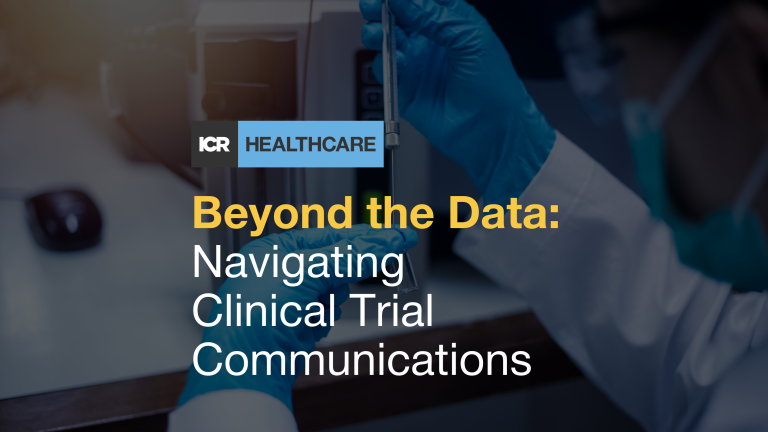Q. What is the appeal of working with a small biotech following a career in big pharma?
Working in Pharma provided me with a wealth of opportunities to learn our industry, both from an R&D perspective but also through a commercial, executive management and strategy lens. Leading Business Development activities at J&J, and then more recently at Sanofi Genzyme, allowed me to interact and learn from multiple functions across the value chain from drug discovery, IP and manufacturing to translational medicine, clinical development and regulatory. I have had the opportunity to work with some great teams with deep expertise and benefited from the diversity of those experiences. I now welcome the opportunity to apply those learnings to driving projects in a nimble, agile biotech company.
Q. What have been the initial challenges of joining a small company?
Joining NodThera, which is focused on next generation NLRP3 inflammasome inhibitors for diseases driven by chronic inflammation and that recently raised a $40m Series A backed by Sofinnova Partners and 5AM Ventures, has been a wonderful experience — so far! We are fortunate to have a great team and supportive Board. Even though I had less than two weeks to prepare for my first Board meeting, the support of the team meant it was a productive discussion where we were able to gain alignment quickly. I am currently enjoying the challenge of setting up an office in Boston and also continuing to recruit a world class team, but those are nice problems to have…
Q. What are the challenges in moving from rare diseases to working in the inflammasome space, where there is potential to target multiple chronic inflammation indications?
The inflammasome is a relatively new area of science, with novel discoveries and opportunities arising weekly. However, as a small company, we will need to choose carefully where to focus and build deep expertise. This will take into account a number of factors, including the robustness of the science in a particular indication, the translational path towards the clinic and the overall level of pharma interest and commercial viability. We have begun this work and are currently considering Fibrosis and Neurology as initial areas of focus as the role of the inflammasome in these sets of diseases is well validated, with the path to the clinic clear and a significant unmet medical need to provide value if we are successful.
Q. What cultural differences have you picked up on between working in the UK and US healthcare?
Coming from the UK myself, joining NodThera has been like coming home. Cambridge, UK has a long pharma history which provides access to fantastic talent in an emerging biotech scene. Of course, also being based in Boston, MA provides us access to world class collaborators, a deep talent pool and access to investors and future pharma partners. So we are able to take advantage of the best of both locations. I do have to say though, that the UK offices consumes significantly more (Yorkshire) tea than our entire current US operation!
Q. From your point of view, what is changing in the sector? What still needs to change?
It is clear that great science and compelling clinical data is not sufficient in the new world of pharma. We also have to clearly articulate the value proposition to key stakeholders: patients, prescribers and, even more importantly, payers. How do our new medicines beat standard of care, how do they truly add value to the system and, overall, how are they going to be cost effective is now a key consideration in the earliest stages of drug development.



